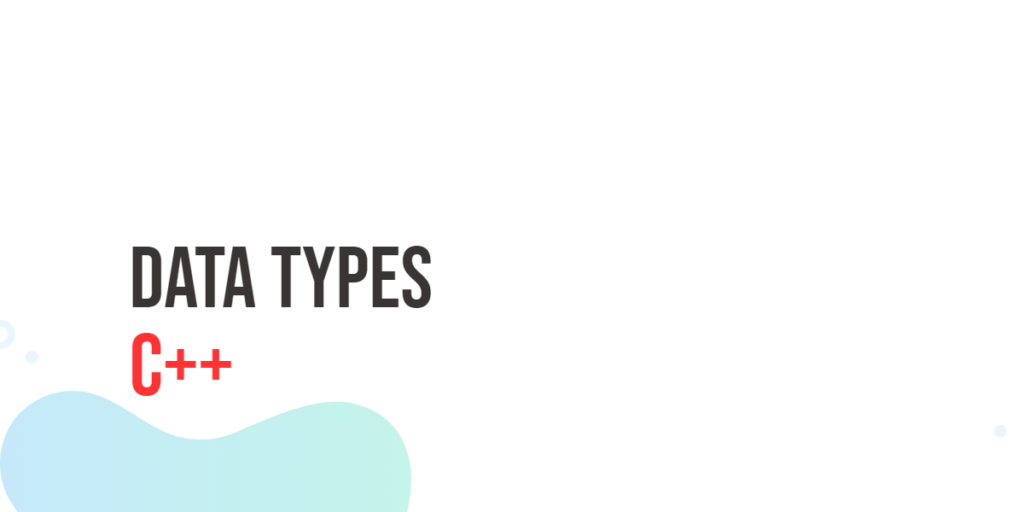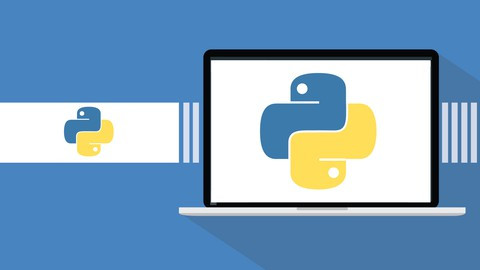C++ is a powerful programming language widely used for system/software development, game development, and more. One fundamental aspect of C++ programming is its data types. Data types define the kind of data a variable can hold and the operations that can be performed on it. In this article, we’ll explore C++ data types, covering primitive types with a focus on both signed and unsigned integers.

with hands-on learning.
get the skills and confidence to land your next move.
Primitive Data Types in C++
C++ supports a range of primitive data types that can be broadly categorized into integers, floating-point numbers, characters, and boolean values. Let’s explore each of these types individually, starting with integers.
Integer Types
Integers represent whole numbers, and C++ provides both signed and unsigned variants. Signed integers can hold positive and negative values, while unsigned integers store only non-negative values.
Signed Integers
int
The int data type is commonly used to represent integers. It has a size of 4 bytes on most systems and can store values ranging from -2,147,483,648 to 2,147,483,647.
#include <iostream>
int main() {
int signedInteger = 42;
std::cout << "Signed Integer Variable: " << signedInteger << std::endl;
return 0;
}short int
The short int data type has a smaller size of 2 bytes, allowing it to store values from -32,768 to 32,767.
#include <iostream>
int main() {
short int shortInteger = -1234;
std::cout << "Short Integer Variable: " << shortInteger << std::endl;
return 0;
}long int
The long int data type has a larger size of 8 bytes, accommodating a broader range of values from -9,223,372,036,854,775,808 to 9,223,372,036,854,775,807.
#include <iostream>
int main() {
long int longInteger = 9876543210;
std::cout << "Long Integer Variable: " << longInteger << std::endl;
return 0;
}Unsigned Integers
unsigned int
The unsigned int data type can only store non-negative values, doubling its positive range compared to the signed int.
#include <iostream>
int main() {
unsigned int unsignedInteger = 12345;
std::cout << "Unsigned Integer Variable: " << unsignedInteger << std::endl;
return 0;
}unsigned short int
Similar to unsigned int, the unsigned short int data type has a smaller size and is suitable for non-negative values within the range of 0 to 65,535.
#include <iostream>
int main() {
unsigned short int unsignedShortInteger = 56789;
std::cout << "Unsigned Short Integer Variable: " << unsignedShortInteger << std::endl;
return 0;
}unsigned long int
The unsigned long int data type extends the range for non-negative values, accommodating larger positive integers.
#include <iostream>
int main() {
unsigned long int unsignedLongInteger = 9876543210;
std::cout << "Unsigned Long Integer Variable: " << unsignedLongInteger << std::endl;
return 0;
}Floating-Point Types
Floating-point types represent real numbers with fractional parts. C++ provides float, double, and long double for floating-point arithmetic. Let’s explore them:
Float
The float type is used for single-precision floating-point numbers:
#include <iostream>
int main() {
float floatVar = 3.14f;
std::cout << "Float Variable: " << floatVar << std::endl;
return 0;
}The f suffix indicates that the literal is of type float. Keep in mind that float has lower precision compared to double and long double.
Double
double is the default choice for floating-point arithmetic in C++. It offers higher precision than float:
#include <iostream>
int main() {
double doubleVar = 3.1415926535;
std::cout << "Double Variable: " << doubleVar << std::endl;
return 0;
}Without any suffix, a floating-point literal is treated as a double by default.
Long Double
For even higher precision, C++ provides long double:
#include <iostream>
int main() {
long double longDoubleVar = 3.14159265358979323846L;
std::cout << "Long Double Variable: " << longDoubleVar << std::endl;
return 0;
}The L suffix indicates that the literal is of type long double. Use this type when utmost precision is required.
Character Types
Character types in C++ include char and wchar_t. Both represent individual characters, but wchar_t is designed to handle wider character sets.
Char
The char type is used to store a single character:
#include <iostream>
int main() {
char charVar = 'A';
std::cout << "Char Variable: " << charVar << std::endl;
return 0;
}In this example, charVar holds the character ‘A’. Characters in C++ are enclosed in single quotes.
Wide Character (wchar_t)
wchar_t is used to represent wider characters, providing support for internationalization:
#include <iostream>
int main() {
wchar_t wideCharVar = L'\u0040'; // Unicode Character Commercial At
std::wcout << "Wide Char Variable: " << wideCharVar << std::endl;
return 0;
}The L prefix indicates that the literal is of type wchar_t. Additionally, we use std::wcout for wide character output.
Boolean Type
The boolean type, bool, represents truth values. It can hold only two values: true or false:
#include <iostream>
int main() {
bool boolVar = true;
std::cout << "Boolean Variable: " << boolVar << std::endl;
std::cout << "Boolean Variable: " << std::boolalpha << boolVar << std::endl;
return 0;
}The std::boolalpha manipulator is used to output boolean values as “true” or “false” instead of 1 or 0.
Choosing the Right Data Type
When choosing a data type, it’s crucial to consider the range of values your variable might take. Using a type that is too small might lead to overflow or data loss, while using a type that is too large could be wasteful in terms of memory.
Conclusion
Understanding C++ data types is essential for writing robust and efficient programs. In this article, we explored various primitive data types, including signed and unsigned integers, floating-point types, character types, and the boolean type. Make informed decisions when selecting data types, keeping in mind the range of values your variables may take, and enjoy the robustness and flexibility that C++ offers in data handling.
Related:







